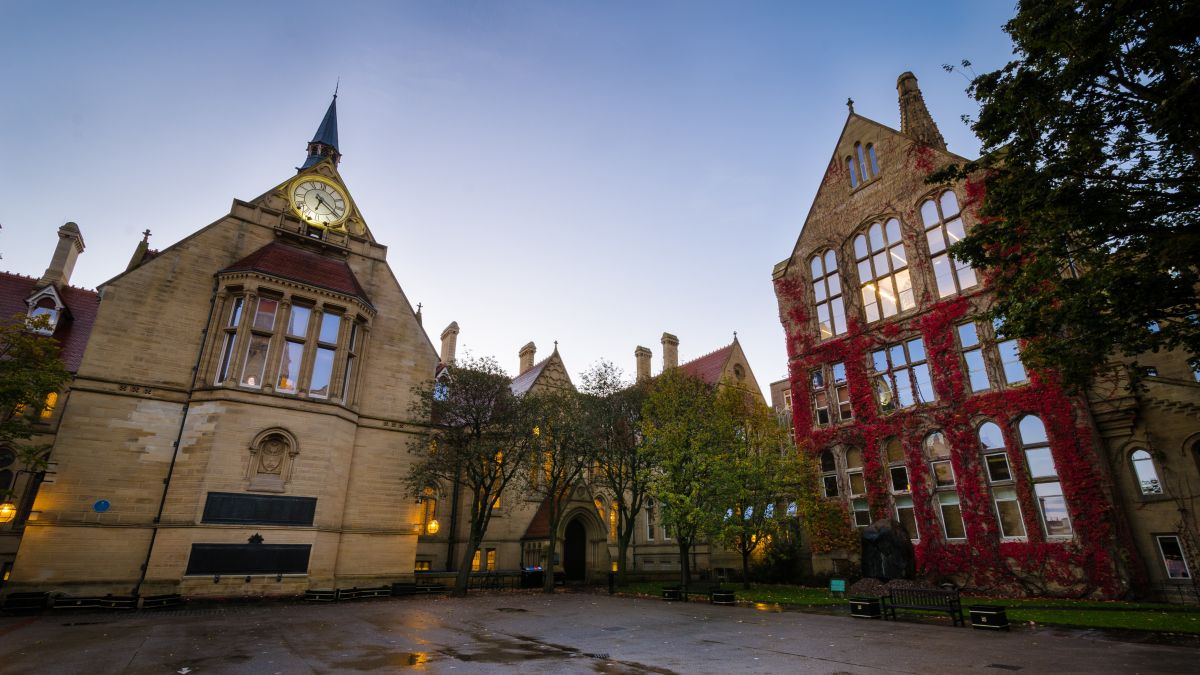UoM 13th best Russell Group uni in NSS
By Ethan Davies

84% of University of Manchester (UoM) students have said they are satisfied with their course, the National Student Survey (NSS) has revealed.
The NSS measures student satisfaction, with the all-important question 27 asking students “if they are satisfied with the quality of their course”.
84% of respondents from UoM agreed with that statement – up 1% on 2018. That result puts UoM 13th among Russell Group universities, with York coming in top with 89%. Bottom of the pile were Edinburgh and the London School of Economics (LSE) – although LSE saw a 7% jump from 2018 to 2019.
The UK average for all universities and colleges was 84%, which like UoM was a 1% improvement on 2018’s results.
Indeed, Manchester was one of eleven Russell Group universities to improve on their 2018 score – with four seeing their scores drop: Leeds (88% to 86%), Birmingham (86% to 85%), Glasgow (88% to 86%), and Newcastle (86% to 85%).
Six Russell Group universities saw no change in their results.
No data was submitted from Oxford, Cambridge, or Durham – all three of these universities have ongoing boycotts of the survey in place. Data cannot be published about a particular institution if fewer than 70% of their students fill in the NSS, due to the small sample size.
In comparison to local universities, UoM posted a middling performance, as Manchester Metropolitan University also scored 84%, RNCM 83%, Bolton were on top in Greater Manchester with 87%, and Salford brought up the rear with 80%.
The NSS has caused controversy at UoM in recent years, following the Students’ Union (SU) officially supporting a boycott of the survey in 2017 and 2018.
This year, the SU was branded “unhelpful” by the Save Our Staff campaign for failing to support the boycott for a third successive year – despite being mandated to do so by student Senate. Instead, the SU took a neutral stance.
The controversy stems from the fact the NSS feeds into a university’s TEF (Teaching Excellence Framework) rating. Institutions are given ‘bronze’, ‘silver’, or ‘gold’ status – with those receiving gold being allowed to charge an extra £250 in tuition fees annually for undergrads.
Responding to the results NUS Vice President (Higher Education), Claire Sosienski Smith, said: “As in previous years, today’s NSS results show scores for feedback are low in comparison to other areas. Improving student satisfaction with feedback is not as straightforward as providing more opportunities for feedback.
“An over-saturation of surveys and feedback can lead towards students giving a lot of feedback and seeing no improvements. NUS emphasises the importance of the role students’ unions can play in supporting the provision of high quality and meaningful feedback on the student experience.”
A University of Manchester spokesperson said: “This year’s increase in overall satisfaction level is welcome and we would like to pay tribute to all of our colleagues who have helped to ensure this improvement.
“The overall score shows that our students are responding positively to the significant investment the University has put into in the campus, student wellbeing and programmes like UCIL and Stellify which set us apart from other institutions.
“We also understand there is always room for improvement and it’s therefore important that we continue to listen to our students, invest where necessary and ensure that our staff are supported in delivering the best possible student experience.”







